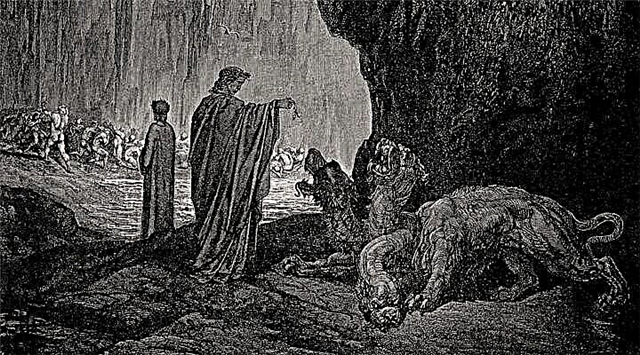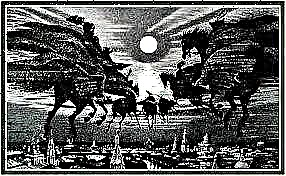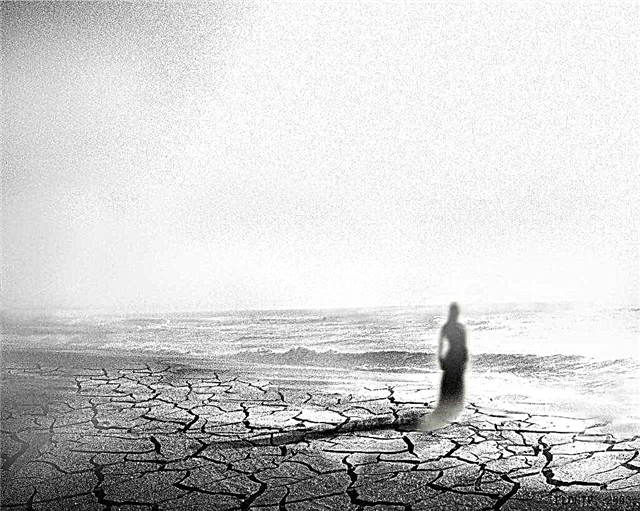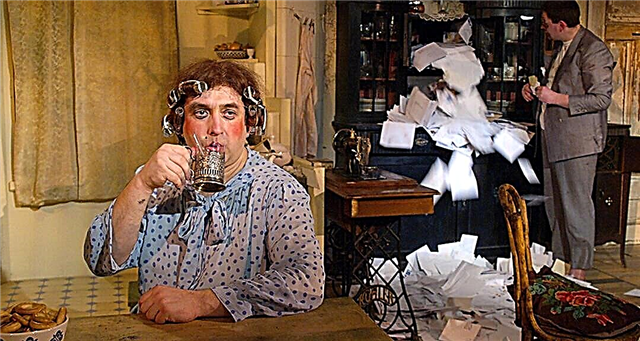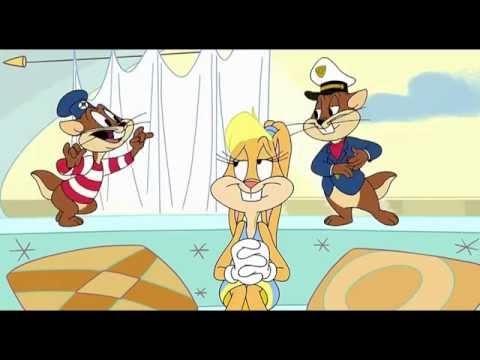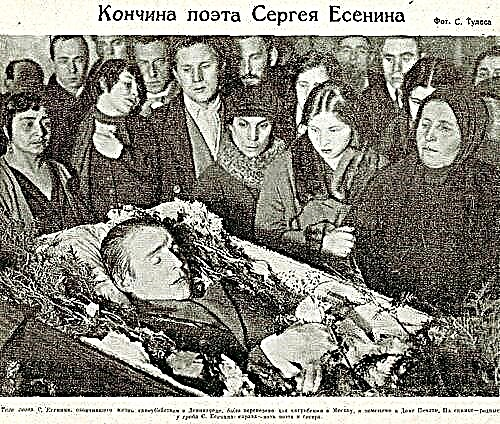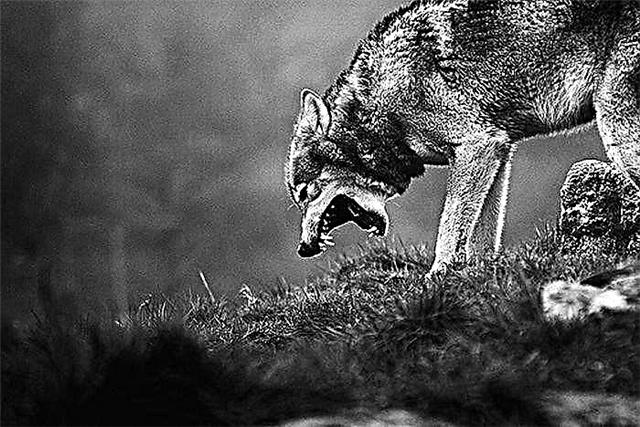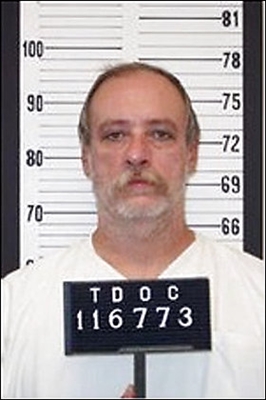In 1877, the Italian astronomer Giovanni Virginino Schiaparelli (1835-1910) discovered on Mars a network of straight lines, which he called channels. There was a hypothesis according to which these channels are artificial structures. This point of view was subsequently refuted, but during the life of Schiaparelli was widely recognized. And from here logically came the idea of the habitability of this planet. Of course, something contradicted her. Mars is older than the Earth, further away from the Sun, and if life on it began earlier, it is nearing its end. The average daily temperature in the equatorial belt is not higher than ours in the coldest weather, the atmosphere is very thin, huge masses of ice accumulate at the poles. But doesn’t it follow from this that during the time of the existence of Mars they have grown an incomparable earth technique and at the same time a desire to move to another, more convenient planet for life?
These are the prerequisites for Wells's largest sci-fi novel. It deals with the invasion of Martians on Earth. With the confrontation of Earth and Mars, the distance between them is reduced as much as possible. Astronomers at this time observe some kind of outburst on the surface of this planet. Most likely, these are earthquakes. Or maybe, Wells suggests, the Martians simply cast a giant cannon, from which they will soon release ten shells to Earth? There would have been more of these shells, but something happened on Mars — some kind of explosion — although the arrived Martians turned out to be quite enough to conquer our entire planet, should not happen unforeseen.
The novel ends with another scientific assumption. The period of development of Martian civilization - it is worth recalling, a very long one - turned out to be sufficient to destroy all pathogenic microbes. And Martians become a victim of their inability to earthly life. They die.
Between this conception and the end, the action of the novel unfolds. It is twofold. Wells initially appears to be a kind of follower of Jules Verne, a kind of “technical science fiction”. Martians brought to Earth new principles of science and technology. Their fighting tripods, walking at the speed of a bird, their heat and light rays, their gas attacks, foreshadowing the horrors of the world war, the ability to use articular rather than wheeled devices, which engineers of future generations came to, are the forerunners of robotics. Aircraft heavier than air were only planned, and Wells, his Martians are already building their own aircraft.
And another Wells foresight is chimerical. Martians look like a rational tadpole equipped with bundles of tentacles. They are rather a product of terrestrial rather than extraterrestrial civilization. And in the eyes of modern man they are disgusting. Moreover, Martians feed on the blood of creatures resembling the present inhabitants of the Earth. This is one of the main reasons for their expansion.
The action begins with the fall of the first Martians unscrewing from the inside. People dream of establishing contact with aliens. However, the Martians have very different plans. They need to subjugate the Earth to themselves, and from the very beginning they behave extremely aggressively, suppressing the very first centers of possible resistance. The artillery batteries aimed at them are destroyed by the heat beam. The government still has the power to urge the population to leave London, after which its functions are completely exhausted. Production is coming to an end. There is no longer any social order. The mass exodus of the population from the world's largest city begins. Outrageous looters. People who are not subordinate to more external discipline show themselves as they are.
There are two storytellers in the novel. One of them is the author himself. It was he who immediately noticed the arrival of the Martians, the destruction of the peacekeeping delegation with a white flag, the first crowds of refugees who had not yet managed to reach London. During wanderings, he meets two people who stop his attention. One of them is a priest, with whom he accidentally ends up in a dilapidated house on the very edge of a giant funnel dug by a falling cylinder. From the gap in the wall, he watches the Martians assemble their mechanisms. The priest is a sincere believer, but he is gradually losing his mind, raising a cry and soon attracting the attention of Martians. Tentacles extend into the breach, and one can only guess what fate awaits him. The hero miraculously avoids the same fate.
And another person comes across in his way. This is a mounted artillery battery, lagging behind its part. At the moment when they meet again, the Martians have already managed to triumph over humanity. But, as it turns out, the gunner has his own plan for saving the human race. It is necessary to dig deeper into the ground, for example, into the sewer network, and wait. At first it seems that in his calculations there is some truth. Sewerage after rain is well washed. It is spacious enough, and you can get there through a specially dug underground passage. Over time, the Earth will be able to conquer. It is only necessary to master the secret of the Martian tripods. After all, there will still be more people. And among them there will be able to control these strange mechanisms for the time being.
The plan itself was not bad. Yes, here's the trouble - he was born in the head of a person who poses a considerable danger to humanity. It turns out almost from the first moment. The artillery soldier is one of the looters that has recently bred. Without immediately recognizing the narrator, he does not want to let him go to “his own site”, where enough food for two people has accumulated. In addition, he digs his digging in the wrong direction. To the sewerage from here not to break through. And there will be no time for this. The creator of the great plan does not like to work too much. He prefers to absorb someone else’s food and liquor.
But worst of all is the other side of this "great plan." For its implementation, a new breed of people will have to be bred. The weak (according to the well-known Spartan model) will need to be killed. Women will only be called upon to give birth to viable people. And the narrator, the bearer of very different thoughts, decides to leave this rampant and strange dreamer and go to London.
The sight that presented to his eyes frightens off. The city, with the exception of a few drunk, was empty. He is littered with corpses. And above all this is heard the howling of an extraterrestrial monster. But the narrator still does not know that this is the dying cry of the last surviving Martian.
He learns a lot from his brother’s lips. This is the second storyteller. It was he who witnessed the great exodus from London. In the story of the gunner about the insignificants inhabiting England, there was still a lot of truth. These worthless people, at the first sign of danger, become wild and lose their sense of reality. On the roads they rob and take away vehicles. Some old man, risking his life, collects scattered gold that has become useless. But now the stream rushed back. And since then, people have learned a lot about the Martians. They are not familiar with the feeling of fatigue. Like ants, they work all twenty-four hours a day. They reproduce by budding and therefore do not know the violent emotions that arise in people as a result of gender differences. The digestive apparatus is absent. The main organ is a huge, continuously working brain. All this makes them in their own way strong and at the same time ruthless.
And all that the Martians brought with them, people, Wells predicts, will eventually take over. It’s not just one technique. The invasion of the Martians threatened not only England, but also our entire planet. And Wells at the end of the book returns to his beloved thought, which he expressed all his life: “Perhaps the invasion of the Martians will not remain without benefit to people; it took away our serene faith in the future, which so easily leads to decline <...> it contributed to the propaganda of the idea of a unified organization of mankind. "


